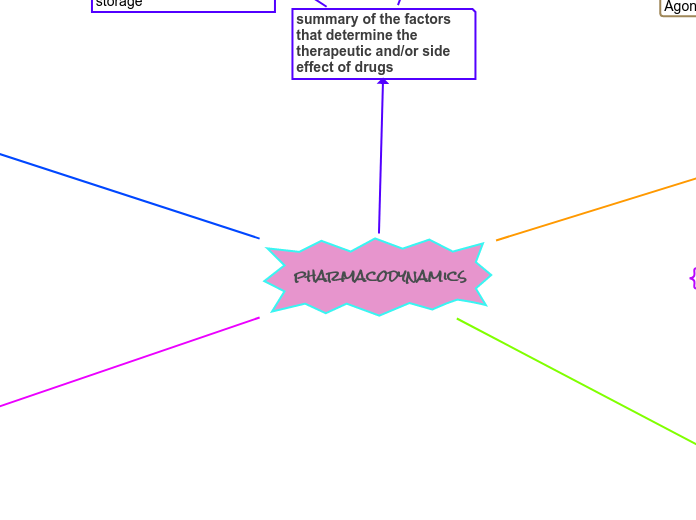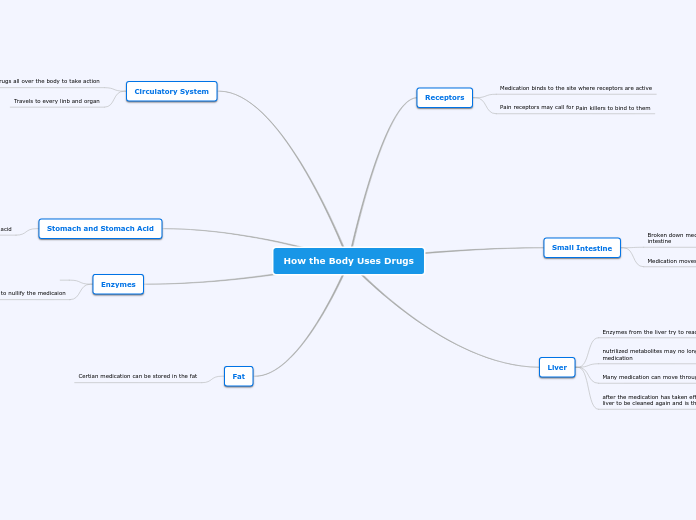door Abbygail Gaunt 3 jaren geleden
510
pharmacodynamics
The interaction between drugs and their receptors significantly influences their efficacy and therapeutic outcomes. Drugs can act as full agonists, partial agonists, or bind to various types of receptors such as plasma-protein, enzyme, storage, transmembrane, and transport-carrier receptors.









